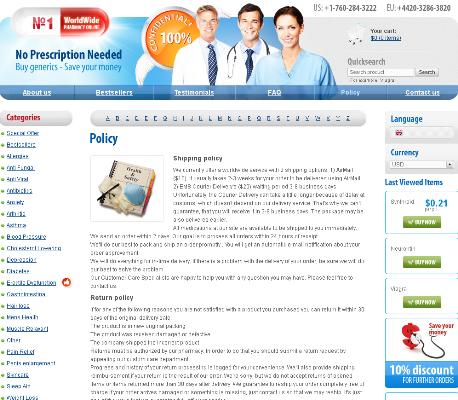Zofran and Heart Risks: Qt Prolongation Explained Simply
How Ondansetron Can Affect Your Heart Rhythm
Many patients find relief quickly, yet the drug can alter cardiac electrical recovery. Tiny shifts in timing prolong the QT interval and, in susceptible people, may trigger fast, dangerous beats. Simple precautions let caregivers weigh nausea control against heart hazards.
QT Risk Torsades Example
Doctors ask about heart history, low potassium, and other meds because interactions matter. Older adults and those with existing heart disease are more vulnerable. If palpitations, dizziness, or fainting happen, stop the medication and seek immediate help to prevent serious outcomes. Occassionally, ECG monitoring is recomend
Who Is Most at Risk for Rhythm Problems

A quiet clinic moment taught me vulnerability: an elderly patient fainting had a fragile heart and several meds.
People with heart disease, low potassium or magnesium, or a slow congenital rhythm face higher risk. Combining some antibiotics or antidepressants magnifies effects.
Even common antiemetics such as zofran may sometimes lengthen cardiac recovery times in susceptible people, especially when doses pile up or kidney function is poor.
Young healthy people are usually fine, but alert if you have multiple risk factors or family history. Ask for an ECG if neccessary today.
Recognizing Symptoms: Subtle Signs You Shouldn’t Ignore
I remember the first night my sister took zofran after surgery; she dismissed a faint fluttering in her chest as anxiety, yet it lingered. Small changes can be telling: skipped beats, brief lightheadedness, palpitations when lying still, or clammy sweat. These Noticable signs are easy to miss but can signal a dangerous rhythm change before anything serious.
If you feel unwelcome sensations, pause and note timing, triggers, and other meds or low potassium that might be involved. Seek prompt medical advice immediately for fainting, prolonged dizziness, or racing pulses. Keep a diary to share with your clinician; it helps them connect the dots faster and decide if ECG monitoring or a different antiemetic is safer.
Interacting Drugs and Conditions That Amplify Risk

When someone takes zofran after a night of antibiotics and meds, a hidden risk can surface. Certain drugs — like some macrolides, fluoroquinolones, antiarrhythmics, antipsychotics, methadone and high-dose antidepressants — can add up to slow the heart and lengthen the QT interval, especially if liver disease slows clearance.
Electrolyte losses from vomiting or diuretics, bradycardia and congenital heart disease make this worse. Occassionally clinicians check potassium and magnesium, review drug lists and adjust dosing; watchful monitoring and avoiding combinations can prevent trouble. Ask to have meds reviewed before taking zofran.
Safe Dosing, Monitoring Tips, and Emergency Steps
Start with the lowest effective dose and follow prescriber instructions closely; doses are adjusted for age, liver function and other meds. If you take zofran, avoid doubling missed doses and talk to your clinician before changing amount.
Monitor for dizziness, palpitations or fainting and report any Noticable changes. Occassionally providers will order an ECG before or during treatment, especially in patients with heart disease or electrolyte imbalances.
If severe symptoms occur — chest pain, severe breathlessness or collapse — seek emergency care immediately; carry a list of meds and allergies.
| Action | When |
|---|---|
| Call 911 | Immediate |
| ECG | Urgent |
| Stop med | Contact clinician |
| Bring meds and allergy info | Mention other QT drugs now for clinician review today |
Talking with Your Doctor: Questions to Ask
When you meet your clinician, begin with a brief timeline: past heart issues, current medications, and any fainting or palpitations. Ask if a baseline ECG is advisable and whether periodic monitoring will be needed.
Bring a complete medication list, including supplements and recent antibiotics; mention herbal remedies you take. Inquire about drug interactions that could increase QT risk, and whether dose adjustments or alternative antiemetics are safer.
Ask about symptoms to watch for, such as lightheadedness, unexplained palpitations, or syncope, and when to seek urgent care. Teh clinician can explain warning thresholds and when hospital monitoring is required.
You might ask how often doses should be reviewed, occasions when stopping is recommended, and whether electrolyte checks are neccessary. Leave with clear next steps and a contact for emergent questions. Request written instructions and ask if a follow-up ECG is advised. FDA: ondansetron PubMed: ondansetron QT
<

